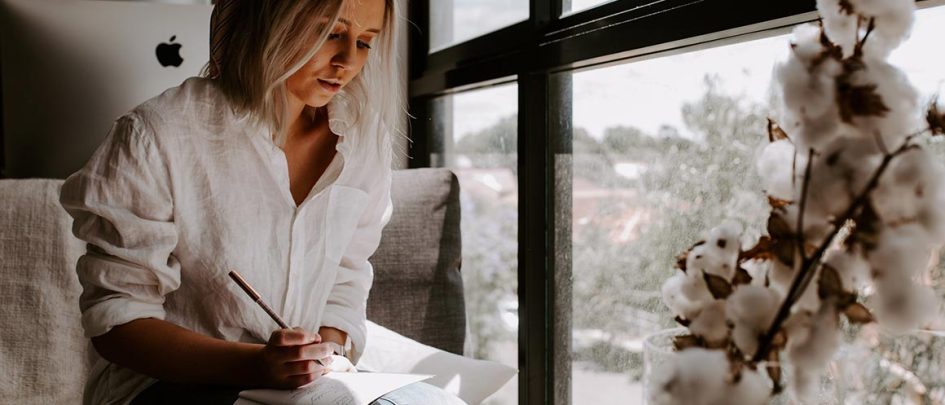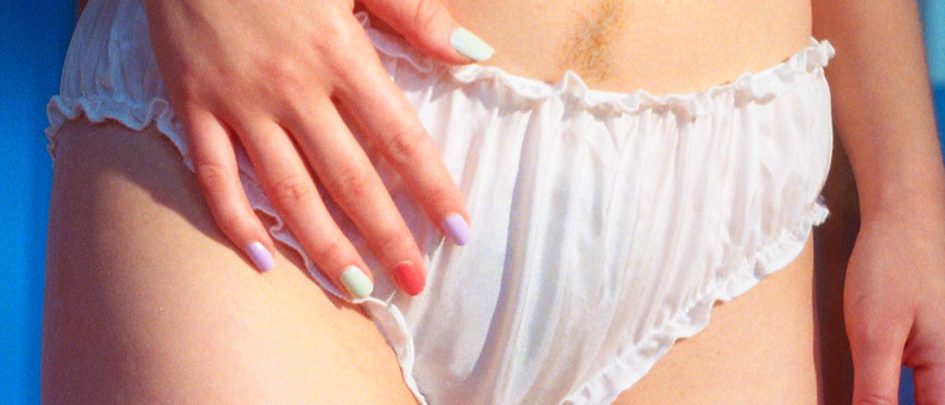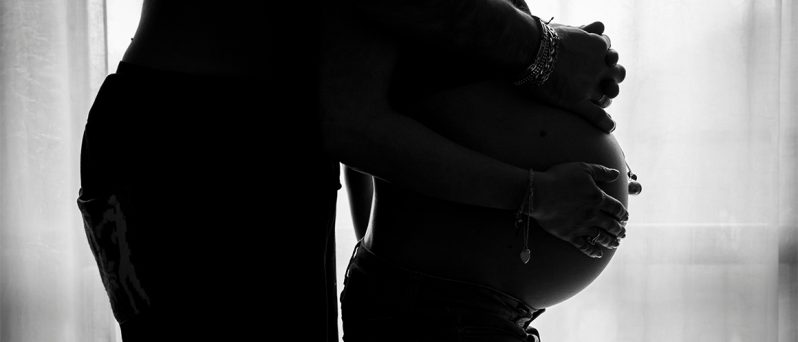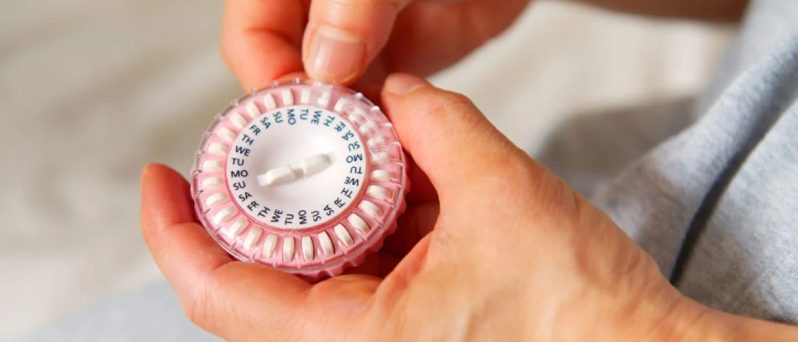Vaginal dryness isn’t spoken about enough. And when it is, chances are people will tell you it’s just something we have to deal with as we age, typically as a result of perimenopause and menopause. But this isn’t strictly true. Vaginal dryness can happen at any age, and it can cause daily discomfort or pain during sex. We’re always looking to tackle the taboos surrounding our bodies, so we asked our friends at The Yes Yes Company to talk about vaginal dryness – from what it is, to how you can manage it.
What is vaginal dryness?
Vaginal dryness is when your vagina is less lubricated than usual. Vaginas are self-lubricating, which means that they produce their own moisture. Fluid from your cervix and secretions from glands at the entrance of your vagina (the Bartholin glands) help to keep your vagina lubricated. Symptoms of vaginal dryness can range from experiencing a burning sensation, vaginal discomfort or itching, abnormal vaginal discharge or pain during sex or masturbation.
Experiencing vaginal dryness is more common than most people think. In fact, according to Women’s Health Concern, around 17% of people aged 18-50 experience problems with vaginal dryness during sex even before they reach menopause. Fortunately symptoms are treatable, once you understand the cause.
Vaginal lubrication is often closely tied to levels of the hormone oestrogen, which can fluctuate at various stages of your life. For example, during pregnancy, menopause, or even during your menstrual cycle.
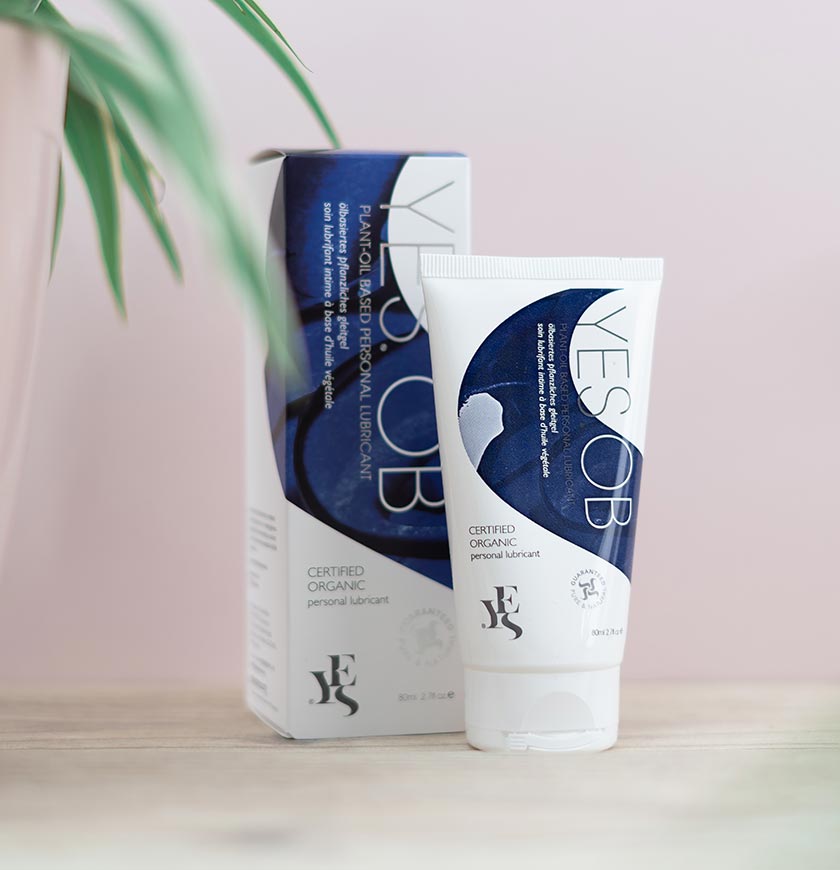
What causes vaginal dryness during your period?
Your natural lubrication levels are often lower during your period. Throughout the phases of your cycle, oestrogen levels change, and when you’re menstruating they drop. Oestrogen helps to create natural lubrication, keeping your vagina moist and maintaining the thickness of your vaginal lining. The decrease in oestrogen can sometimes result in decreased natural lubrication, which makes you more prone to symptoms of vaginal dryness.
How to reduce symptoms of vaginal dryness during your period
Whether it’s for your comfort throughout the day, or during sex, there are ways of combatting vaginal dryness and the discomfort that can come with it, here are some ideas:
Try a vaginal moisturiser
If you are experiencing daily discomfort because of lowered oestrogen levels, it’s a good idea to speak to your health care provider to find out what the best option is for you. One option could be a vaginal moisturiser such as YES® VM. YES VM is made from ethically sourced, organic ingredients and is designed to hydrate your vaginal tissues without disrupting your pH balance. For the best results, we recommend applying your moisturiser every three days, lying down, just before going to sleep.
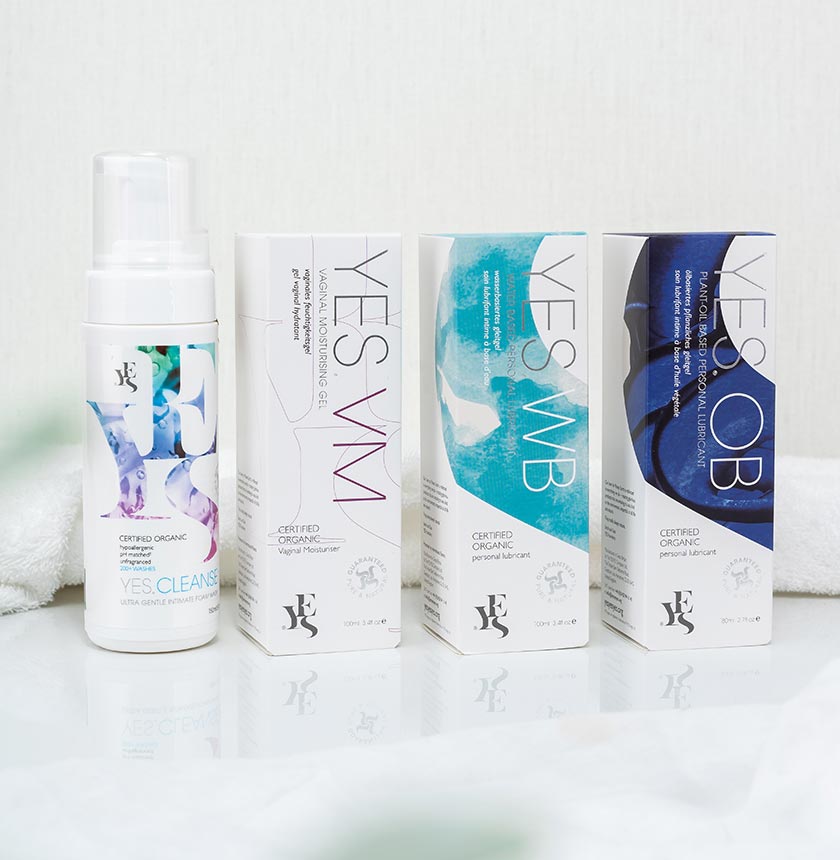
Experiment with lubricant
If you’re feeling aroused but aren’t wet or naturally lubricated, try using a lubricant for foreplay, masturbation or if you’re having sex with someone. We recommend YES WB water-based lubricant. YES WB is a Soil Association certified organic intensely hydrating gel that rapidly relieves dryness and discomfort whilst creating a silky-smooth glide. You can also use a lubricant when you’re not feeling particularly dry, simply for better sex! In a 2013 study, more than 9 out of 10 women in the study agreed or strongly agreed that lube made sex feel “more comfortable,” “more pleasurable,” and simply “better”.
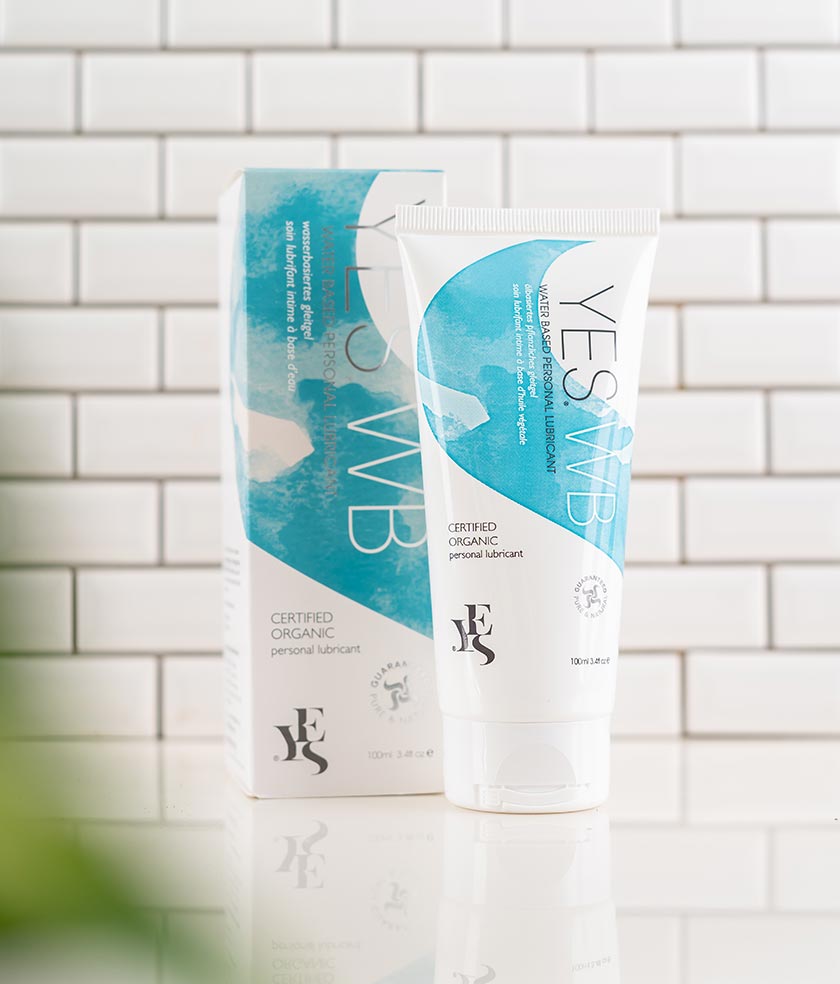
If you use tampons with applicators, why not try using a vaginal moisturiser (or lubricant) to help insert a tampon if you find this difficult whilst on your period. Or opt for plastic free, natural pads, designed to be soft and gentle on your skin, without the need for insertion.
Organic & natural
period products
Find your nearest store
Choose a different type of contraception
If you’ve recently changed your hormonal contraception and are experiencing increased vaginal dryness, we recommend talking to a healthcare provider about trying another type of contraception.
Track your period
Using a period tracker is a great way to keep an eye on what point you’re at during your cycle, so that you can prepare for days where you’re likely to be drier and need help to stay comfortable.
If you think you might be experiencing vaginal dryness, there’s no reason to be embarrassed, it’s very common. But there’s no reason to live in discomfort either. Fortunately, there are ways to help treat the symptoms and avoid letting them impact your physical, mental, and sexual wellbeing, so do seek advice if you are struggling.
If you’re experiencing anything unusual for your body then it’s a good idea to seek advice from your healthcare professional, even just for reassurance. Don’t forget, all bodies and experiences are different, so tracking your period and even examining your vulva from time to time with a mirror will help you to understand what is normal for you.

